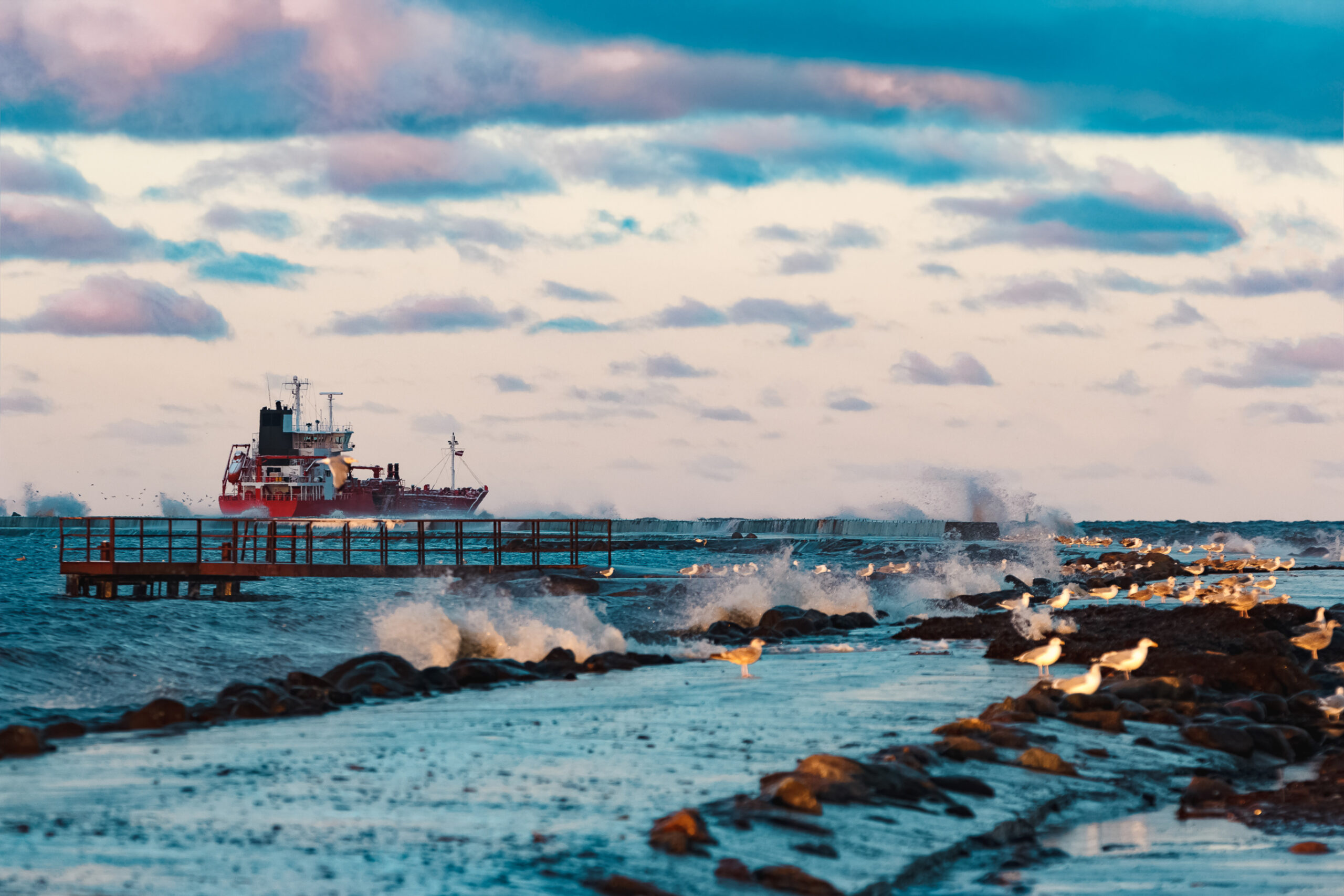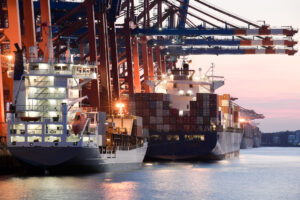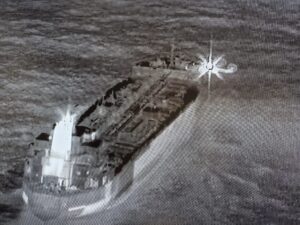Denmark and several other countries have agreed on further measures against the Russian so-called shadow fleet, which operates in the Baltic Sea and the North Sea.
Foreign Ministers and government representatives of Belgium, Denmark, Estonia, Finland, France, Germany, Iceland, Latvia, Lithuania, the Netherlands, Norway, Poland, Sweden, and the United Kingdom met on Friday, June 20 to address the challenge posed by the Russian shadow fleet.
The countries have agreed to compile a common set of guidelines in line with international law to promote responsible behaviour at sea, strengthen compliance with international law, and ensure transparency across maritime operations.
Earlier this year, the Danish Maritime Authority issued a statement, mentioning that it would be conducting more port state controls on tankers “that cannot be said to be in innocent passage” and that anchor at Skagen.
The authority raised concerns about mariner and environmental safety especially in case of an accident involving a damage or in case of a tanker sinking in its waters.
The older tankers anchoring in Danish waters will face more inspections as the Danish Maritime Authority strengthens its efforts to ensure that tankers at Skagen (Skaw) “comply with the rules of safety at sea, environmental protection and protection of seafarers.”
NB8++ Joint Statement for Further Actions to Counter the Shadow Fleet
We, the Foreign Ministers and government representatives of Belgium, Denmark, Estonia, Finland, France, Germany, Iceland, Latvia, Lithuania, the Netherlands, Norway, Poland, Sweden, and the United Kingdom have met today to address the challenge posed by the Russian shadow fleet. We call for further joint and coordinated action to effectively address Russian attempts to circumvent international sanctions.
Russia’s destabilising actions have strengthened our resolve to protect maritime security, safety, the marine environment and freedom of navigation in accordance with international law. We are particularly concerned about stateless vessels and falsely flagged vessels. Stateless vessels, including those falsely claiming to fly a flag, do not have a responsible flag state and are not entitled to rights under the United Nations Convention on the Law of the Sea (UNCLOS), including freedom of navigation. If vessels fail to fly a valid flag in the Baltic Sea and the North Sea, we will take appropriate action within international law.
Today, we have agreed to further strengthen our cooperation and ensure a joint and coordinated approach by our national authorities to address Russia’s shadow fleet. We intend to compile a common set of guidelines in line with international law to promote responsible behaviour at sea, strengthen compliance with international law, and ensure transparency across maritime operations.
We recall that the risks posed by the shadow fleet, including potential environmental damage as well as risks to maritime safety and security, the integrity of international seaborne trade, critical undersea infrastructure and respect for international maritime rules and standards, extend far beyond the Baltic and North Seas and could have global impact. We call on others to join our efforts.



